0 Comments
This year might become a tough year and there might not be much we can do about it - especially about the external and geopolitical aspects. What we can focus on as a leader is to equip the organisation and enable our teams to give their best. And one special aspect is Energy!
Organisational Energy is what I want to talk about today. How often do we feel that work is draining our energy? That the efforts within an organisation are clashing; that people are lethargic and inert. And as a leader we simply wish that we are able to give our teams a spark. I recently came across the work of Heike Bruch and it is refreshing to see peers that are sharing the same vision and passion for energy, positivity, and enabling Drive within our work ecosystem. Here are some of her thoughts on the topic:
As with many things with effective teams, the collective energy is larger then the sum of the individuals. When we align this energy we can create synergy that triples or tenfolds the efforts. As a team we can then ride that wave and easily overcome barriers. We can collectively become antifragile. Source: TEDxZurich - Heike Bruch on How to Manage Organizational Energy The end of the year is coming and I got asked, if you would give one piece of advise, what would it be? In my experience dealing with leaderships, one foundational attitude I discovered is Win-Win. In our work life we come across various situations: developing a product, negotiate with a client, hire an employee, resolve conflict, onboard a supplier, provide feedback, conduct meetings, and simply solve a problem. When you observe yourself in these situations, how often do you want to win, how often do you want the other party to lose? Or you might simply not care if you lose. All these attitudes have in common that they are not effective. For success, we need to practice a win-win attitude. When I help people to obtain this new approach, I usually share Green & Clean by Stephen Covey - a fun and inspiring introduction to the topic. And there are so many great quotes which I would like to share here:
How will you approach win-win in your next negotiation? One year ago, I shared an amazing book on my reading list about how we need to embrace and shape our future in light of Climate Change (read here). One theme I picked up were airships. Flying around with jet engines (powered by fossil fuel or otherwise) might not be enough to clean our Earth's atmosphere. We might need to change away from them.
And here we go - the exciting news this month was a new project by Bertrand Picard to circumvent the globe in an airship. These can stay in the air for months on end, generate energy autonomously, and can be spacious and comfortable (for the longer journey from A to B). And, Euro Airships are not the only ones working on Airships. Flying Whales (thank you for sharing, Jeremy) are using the floating monsters to transport heavy goods over long distances. The question is: how much would you appreciate a 3-day journey from Singapore to Zurich? In the end, this requires a bit of planning and can be very pleasurable. How can we direct more funding and finances into this future of long-range transport? Sources solar and hydrogen-powered aircraft will fly around the world for 20 days without stopping; designboom, Sep 2023 Flying Whales We just finished a team retreat and during the closing, the client shared "this was amazing, we never got the people to share so much. The sessions were fun, insightful and engaging. Thank you so much!". How did we get there?
One of the thing we can observe with many companies, friends, clients, and teams we are working with: we are overwhelmed, we are stuck in a rat race. Looking at the "Second Quadrant Model", this means we are stuck in the first quadrant: our important and urgent tasks. We don't have the bandwidth to allocate time for the important and non-urgent tasks, which allow us to build an effective work-environment and reflect on our strategy and priorities. How can we facilitate this change? This is where team retreats come in. While an investment in time and money, they allow us to create the necessary brain space to build a solid foundation for team effectiveness. This is the exemplification of Slowdown to Speedup! So, how shall we go about team retreats? There are some principles for successful team retreats; here is my take: a) enable the participants to switch off from their daily grind; b) lots of time for quality, social interactions; c) the managers are participants on the same level as everyone else (an independent, external facilitator helps); d) focus the sessions on topics in the second quadrant. What did I miss here? Ok, great principles... What shall we discuss concretely? First of all, start with an overall theme for the retreat which provides the context for the conversations. Often we come across the broad opportunity around 'improving collaboration' and 'building ownership'. Though it can also have themes like 'shaping our desired culture', 'discovering new market opportunities', etc. As a next steps, it is important to provide a structure and path for constructive and effective discussion. Here is an approach:
Great - as a team, we had 2-3 days off from our daily work and enjoyed a fantastic time with our family at work. And then we come back to the office and we will be very quickly overwhelmed. We want that the great stuff we discussed during the retreat is continued back at work; we want that we keep the momentum. For that, it is vital that we immediately build routines that carve out space for our second quadrant tasks and actions. And for sure, the foundation for this should be defined at the retreat. How do you experience successful team retreats? Why are you afraid to share news that is not exciting? Honesty wins the hearts of the people24/3/2023 A long long time ago, I heard this term in the business world - "on a need to know basis". Yes, still today people think that is a sensible approach to working together and doing business. On my side, from the start of my career, I felt it was wrong. As a recipient of this statement you simply feel stupid and marginalised. In a way, a very disrespectful expression.
In today's world, leaders are expected to be humble, truthful and vulnerable. To a great extent, we need to be honest. Hontest with the people around us and honest with ourselves. In recent news we hear about companies making wrong claims, hiding realities, green-washing, etc. While in the past, it might have been a competitive advantage based on information asymmetries. In today's open world, these are quickly eliminated. The successful company is innovative and works closely together with their partners; up-stream, down-stream, left and right. It is ok to make mistakes, it is ok to not be the leader in carbon emissions, it is ok to not know the future. The most important thing is, we are trying our best to create a better environment for our next generations. Let's be honest. How am I becoming a better leader? This is a question that I encounter a lot during my engagements. And the question is not: what is good leadership? Most people know. The question is, how am I practising good leadership on a daily basis? This is so hard!
One of the key focuses as a good leader is developing your people; creating a learning organisation. In whatever we do, we want to learn. We want to become better. This is where the core of growth is hidden. For this 'learning first' focus, there is a base mindset which is important. I am not here to teach others. As a leader, I need to create the environment for learning. Here is a ladder of this mindset.
This means, as a leader, I need to focus on my own learning; learning from the people around you. And with this, you can stimulate the desire to learn; and create the foundation of a learning organisation. When will you start to question what you really know? It is Friday and here is a less serious post. The other day I bumped into this little accessory which I immediately adopted. Now, it has a fixed place at my bag and for me it represents Climate Tech.
Climate - because it is assembled totally from recycled (up-cycled?) material. Tech - simply because it looks like a robot. What do you want to name it? Not so long ago, I was called by my friends "Mr Gadget". And still today, I am looking at the latest laptops and mobile phones - I really would love to buy them. They seem to be so much better than what I am using today! Really?
Here some interesting figures from the Waste Electrical and Electronic Equipment (WEEE) Forum:
So, the big question is: is your current electronic device still useful? Can you repair it? When you must replace it, can you buy a second hand device (many people try it once and then sell it)? These are important questions to ask. Not only for gadgets. Here is what you can do:
So, I am still happily using my three year old laptop and four year old smartphone - they are actually great devices! Source: 5.3 billion discarded smartphones this year are 120x higher than international space stationwww.designboom.com/technology/5-3-billion-discarded-smartphones-this-year-10-14-2022/ To get this out at the start: this is a book review. A review of a climate-fiction book called 'The Ministry for the Future'. And there are two things I think about this book: a) it is a must read for everyone!; b) the the book is very disturbing, at least the first half; towards the end it turns out to be revealing and exciting. Let me explain why and how.
There seems to be no denial: we are heading into a climate crisis and we already observe many disasters across the globe, across all the continents. Are we doing enough today? While Ministry for the Future is fictional, it is very well researched (and has great story telling). And if one point is clear in the book, we need to make drastic changes. Today, we are using a number of legacy technologies - for example in transport, food production, and energy generation - which are obviously bad solutions for the environment and human health. There is no way around - we need to stop them! We need to find a way to manage this change. One element that made me feel frustrated is that many exciting, obvious solutions simply don't work. While some less obvious solutions, surprisingly, might work. This means we need to become more creative and experiment with a lot of different approaches to find the solutions to our key issues. Some of the solutions described in the book are around slowing down our lives. What if transport takes double or triple the time? How can we consume half of the energy we are using today? Is this so difficult? Or can we simply take these new realities into our planning? This means we need to shift our focus to long-term goals; this also means to consider our future generations. Happiness comes from the relationships in our lives - and not from money. This leads to another stream of solutions which includes the creation of communities and new ways to connect with people. This also leads to new ways how we can allow everyone in the society to benefit and make a living from reversing climate change. And with that, reducing the wealth gap. Ok, what does that look like in practice? So, here comes one spoiler of the book... Jet air planes are emitting a great amount of carbon dioxide and are known for their negative impact on the climate - we need to stop them. And how? What about airships?! Floating vehicles that generate electricity via the exposure to the sun and wind. They can stay in the air almost unlimited and are energy self-sufficient. They might only travel 200 km/h which is still fast enough to reach many destinations in a day or two. And as a benefit, you will have less jet lag, enjoy a more comfortable journey, can explore the nature around you, and connect with other passengers. How does that sound to you? As with any book, you need to create your own opinion. And I am very curious to hear from you what do you get out of Ministry for the Future? Sources: The Ministry for the Future Friends often come to me and say, 'Hey Tim, you are so positive all the time - how are you doing that?'. One could say, oh, that is simply my character. It might be, though for me it is a deep conviction that positivity is the better approach to life. What led me to this conviction? There are a few elements which I would like to elaborate on here.
First is simply neuroscience: when people are exposed to negative emotional situations then the reptilian brain reacts with freeze, fight or flight. When we are in a positive emotional state, we can thrive; we are good at heuristic tasks, more curious and as a result more productive. Based on this and what I have seen in multiple workshops and real life situations, when we enjoy the situation and are in a good mood, creativity rises, brainstorming sessions work better, we easily solve problems and are overall the engagement and motivation is getting high. Further, I discovered that nothing is simply good or bad. People, processes, systems, situations always have positive and(!) and negative sides. Even a specific action typically leads to advantages and disadvantages. Life in general is nuanced. Are there really errors, mistakes, burning platforms, issues, problems? Or shall we rather say that something has led to an outcome we didn't expect and anticipated. As a result, we always have the possibility of finding something positive about any situation. And yes, that doesn't mean we naively ignore the negative impacts. We have all been in situations where we ourselves get annoyed with something or our counterparts are fuming. With these emotions we are getting defensive, losing the ability to think critically. Positivity allows us to reduce limiting emotions. Prepare a foundation where we can work together towards a better outcome. Then there is trust; an essential element for good collaboration. In order to allow people to open up to each other, a positive environment helps a lot. And, in my experience in change management, positivity makes transformation much much easier. Allows the adaptors to become more receptive and reduces the negative impact any change is creating. How can you become a positive person? First, human- and data-centric approaches like design thinking and lean management allow us to be more considerate, curious and nuanced. Mindfulness helped me a lot to become more balanced and view things in a more down-to-earth way. I love the principles of appreciative inquiry. And I can only encourage practicing more positive leadership. What are your experiences with positivity? It never seems to stop - people around me are rushing deadlines, month-end closures and are stuck in one "burning platform" after another. I feel many people are stuck in immediate return, the quick buck and focus on financial returns (of the month, the day, the minute?). How does this lead to long-term success? Apparently not.
In my observation, this short-term focus is getting more ingrained in many company and economic structures. When is the last time that you saw a financial report that shows the trend of the last 3 years? Even country GDPs are simply compared to the previous quarter and the same quarter the previous year. And in today's volatile world, that doesn't say much. Further, is GDP (or EBITDA) even the best leading indicator for success? A key question here: how can we become more sensitive about the long-term impact of our actions? Can we justify short-term results that jeopardize long-term objectives? Our world is a complex and interwoven ecosystem; a simplification in financial figures will only lead into wrong directions and actions. What we want is lasting success: for our company, for our employees, for our customers, for our planet and for the society around us. Best explained is this with the Exponential Age, where innovative companies are spending a significant amount on R&D - tinkering to find the best solution knowing that this approach will not lead to short-term return but rather building the ramp to an exponential success in the future! This is based on the capability to change oneself and drive change in a rapid, sustainable way! How to do that? First important step, work on an inspirational Leitbild - an imagination of a future state that guides your business! This is focusing on making your customers successful - and any partner in your business ecosystem is in the end sort of a customer, right? And this success is build on your people, on business success, on technology, and considers the planet and society we are embedded in. Based on this, we can seek short-term results that are aligned with our long-term Leitbild. Any shortcut will jeopardize your long-term success. To answer the initial question: try to imagine what your company will look like in 20 or 30 years. Take a step back and focus on doing the right things. Then you will find ways to catapult your business forward; instead of taking that shortcut. "If we stopped investing we would be out of business in 10-15 years", Werner Vogel, CTO Amazon We all make mistakes - they simply happen. One apparent place are our text messages - we make numerous typos, right? Although, these errors happen everywhere - big and small. And most of the time, our intention was doing the right thing. It is important to keep in mind that these errors are part of being human. Don't blame others. In this context, I often like to mention that errors depend on the perspective. Switching to a mindset to take mistakes as a learning opportunity is highly useful. Today, I want to talk about how we can minimise these errors that happen despite our good intentions. I want to share a tactic, a routine that will help you to reduce these mistakes from happening. David Marquet in his book Turn the Ship Around mentions this in several chapters: Deliberate Actions. This tactic is helping to break the flow between intention and action. So, we have the intention to send good morning wishes to our friend. We take our phone and type the message and often the word 'mooring' appears - a small error. Hit send, and your friend is puzzled. Deliberate Action suggests to install a small pause: before hitting send, read your message again. A successful tactic and routine I have created for myself to avoid misunderstandings and embarrassments. And this only takes a few seconds! This can also be implemented with our peers, friends and colleagues at work. Before you hit action, pause and re-state your intention. Here a verbal example: "Hey, let's send out this invite for Friday, 12 July" - "Oh, do you mean Tuesday, 12 July or Friday, 15 July?" - "Thanks! Yes, I mean Friday 15 July". These small actions help to make work more efficient, effective and improve collaboration in the team. On top of that, the practice of deliberate actions will help to cultivate transparency - a fantastic way to change your team's collaborative success! How do you intend to implement deliberate actions? Source: Turn the Ship Around, David Marquet Earth Week - As a change manager I am interested in many different forms of change. One particular one is nature, our planet earth. It is inspiring to observe what happens and discover similarities to the changes we intend to create in our work and life. Our planet has evolved over millions of years and created spectacular lifeforms. Humans evolved over thousands of years to reach its current sophistication. And we did experience a tremendous change over the last 100 years of how mankind has impacted the natural cycles. These are the big changes we can observe, discover and be inspired by. And on the other side, we can experience how nature changes around us every single day. The video below shows this cycle with the colours we can experience from dawn to dust. This is a great reminder how we are embedded in constant change; embedded in nature and embedded in the people network we are living and working. And these daily, small changes then also lead eventually to the larger changes we desire to achieve. Keep the big vision and start with small steps that lead us in the right direction. Wish you an enjoyable day on planet Earth. One of my past time activities is tending to a garden and growing plants. This requires preparing the soil, nurturing to the seedlings, watering regularly (not too much, not too little), checking on pest and allowing the right amount of sunshine. In short, creating an environment where the plants can flourish!
This is how we look at change management at Hive17 Consulting. We aspire to create an environment where the people understand and are excited about the change to come. We are looking at the long journey ahead, keeping an eye on the imagination of the future state and then enjoy the steps that lead in that direction. I like this link to gardening and landscaping because of the number of similarities. Forcing change will not lead to lasting success. A series of environment ingredients need to fit together - it is an ecosystem. While grow and change takes time, it happens constantly and we might be surprised about the speed. When we have a fertile environment, the results are solid and beautiful. How are you cultivating a great environment in your organisation? Together with TTIP we have launched the Innovation Forum in APAC. The first session was all about the Role of Leadership in Innovation. After an insightful presentation from Maurits van Tol, the almost 20 participants discussed in groups their experiences and insights; here are the key insights:
Listen to Maurits' presentation here! Join us for our next interactive and insightful session on 23 February 2022 - Developing Better Technical and Business Judgment. Discuss and learn from innovation leaders in the region and bring successful change to your organisation. When I recently talk to people, two things are striking: first, there is a year-end madness with huge workload; second, a big uncertainty looking forward. As a result, motivation is at an all-time low, talents are fleeing their safe jobs, and people dive even more into daily work because there seem to be no other solution.
On my side, I am a big advocate for long-term success. When we want to achieve better business results, we need the right environment, the right tools, the right mindset, and the right direction. What does 'right' mean here? To be honest, I am not the person to tell you. Every person is different, every team constellation creates a special culture. It is important for each group of people to find the answer to what is right, themselves. Let me guide you with some of my change management experience. When I look back at the last 10-15 years at all the teams I was brining towards success, how we establish unexpected results, I can distill two essential ingredients that these teams have applied. And I want to go a bit deeper in this magic pill #1 - because of the frenzy I have described above, and because the holiday season is coming up. When we are chasing results, when we are overwhelmed, when we are anxious, when we are under pressure, when we are simply going through our daily work routines... in these situations we are not creative, we often don't see the big picture. And, we don't answer the question, are we doing the right thing! One activity which I have been pursuing a lot in my practice, is providing a space to reflect, to look beyond the box, and to feel positive. How to go about this? First, it is important to wind down, get the people into a different space - physical and mental. Then there are a few questions to consider:
This time off and these questions help teams to identify the friction and bottlenecks to their productivity. And sometimes they find totally new ways to deliver to their customers. More often than not, reflections are a great source of excitement, fun and motivation. And the holiday season is a good time to start with this reflection. What do you think is the magic pill #2? [Update] Here we go: Magic Pill #2 - Bridging Silos Yes, I am an avid reader of Wired UK; I like to read their magazines because often they introduce novel topics which help to broaden my view of the world. In one of the last editions, an article was talking about the exponential gap - and I was hooked.
We all heard about exponential growth; and most of us have difficulties to grasp the reality of it. Take the story of Lord Krishna who took a chessboard and asked to fill each square with the double amount of rice. Once you reach the 64th square, there is so much rice on the chessboard that it would fill India with a 75 cm layer of rice. Exponential growth is inconceivable. This is what Hans Rosling also mentions in his book Factfulness; he calls this the third mega misconception - the Straight Line Instinct. Let's look at the graph below showing a general picture comparing linear and exponential growth. The linear line is steady; with each unit of investment you get a specific return. The exponential line instead stays below the linear line for a very long time; it almost appears not to move up. Then suddenly, the line shoots up and is going past the linear line. What does that mean for us? Every day we are confronted with challenges that require solutions - they might be small, they might be big. Following the same patterns and focus on past achievements is at best futile - what we need is creativity. And why not ask the creatives for their tips?
Hideo Kojima is a Japanese video game design since over 35 years and can celebrate decent success in his industry; and, he wrote a book about his secrets. One key thing he shares that without fail, every day he is visiting a book store and browses through the books. He then buys a book that talks to him and reads it. This routine brings him a wider perspective of the world, provides him new inputs, and also gives him the opportunity to get a break from work. He also emphasises that he keeps this routine from being mundane. The same book in a different store is speaking in a different way to you. Therefore, he keeps visiting new bookstores to keep his mind and heart fresh. What can we do to keep a fresh perspective and stay creative? Find an activity that suits your surrounding and interest, which allows you to get a perspective of the bigger world around you! And establish a routine for that; a simple 30 minutes task every day. What can that be? Walk around your neighbourhood as a tourist; call a friend you haven't spoken with in two months; find an online course about a topic you want to discover more. There are plenty of things to learn and discover. What will you start with? Please share! Source: Hideo Kojima on What Makes Hideo Kojima Tick, Wired UK, October 2021. Photo credit: Charlie Clift. There is a lot of things we have experienced and learned in the last eighteen months. And one is becoming clear: using our six senses is much better than using one or two in the virtual world. We need the physical world - at least sometimes. And my friend put it in a very nice quote:
Thank you Daniel Benes for sharing! Hello everyone, the last few days we had a lot of rain here in Singapore, and yesterday, finally my host Tim Wieringa brought me out to explore Singapore. Wow, this was impressive!
Our first trip, we went to the city centre and discovered some of the old buildings from the British colony times. My first impression: wow, here is so much green! it makes me feel good. And looking at these buildings I also realised that the Singaporeans moved on to a new, modern way of living. Great job! As Charlie, the Change Bear, I also observed all the transformation that happened. An old stable is a hotel now (Raffles Hotel), the city hall building turned into a museum (National Gallery), a busy harbour turned into a serene riverside (Boat Quay), and the open ocean was transformed into a entertainment and recreation area (Marina Bay Sands & Gardens by the Bay). Amazing. How were people able to do all this? Where they using a structured change management approach? Where they forcing the change on the people or allowing it to happen? What are the next big changes that are coming to this island? But now, back to work! I need to prepare the workshop for Certified Associates for Change Management in this fine city on 23 & 24 September. Last week I was sharing some thoughts with a friend about leadership and how we can bring the best out of our team members and peers. In this conversation, we thought about a new quality of a good leaders: being malleable - able to be changed and to adjust.
Around us we can observe managers that want to give direction and give guidance to their team members. They are confident with the experience they have and want the people around them to learn from them. This almost sound like a good thing, right? Though, in my experience there are a few side-effects which I would prefer to avoid. One is that with a rigid mindset, we are limiting the people's autonomy and creating frustration. Another is that we encourage the people around us to listen instead of applying their critical thinking capabilities. And a last - and in my eyes crucial - element is that we are limiting the creativity, innovation and development of the team. What can leaders do instead? Ok, let me introduce another fancy word: impermanence. Things around us are in a continuous cycle; they are changing all the time and nothing is really permanent. Once we acknowledge that the ecosystem we are in has the qualities of impermanence, we also come to realise that we need an open and curious mind to absorb this ecosystem and to be able to thrive in it. With this we are able to adjust to the permanent change around us. How can you apply this in practice?
These are some initial thoughts around the quality of being malleable. What do you think about it? Where do you see this to be applicable and important? Hello Singapore! I am finally out of quarantine and got a great welcome here in Singapore. Oh, yes, my name is Charlie, I am the Change Bear! Originally, I am from Germany and I have been sharing my change management experience in Beijing and Shanghai for the last few years!
What brings me to Singapore? I heard that the program for the 'Certified Associate in Change Management' will be launched here in September and maybe my support is valuable... (for sure it will be!) First things first! My host here, Tim, promised to show me around Singapore. I heard it is tropical here, lots of green and lots of culture. And, lots of great food. I am excited to play tourist for a bit! I will share more soon... After that, we bring a fun and joyful spirit to our certification programs - I can't wait for that! Oh, if you want to learn more about me, check this out. |
Subscribe
Receive our monthly themed summaries of our thoughts: click! TimTim is a change practitioner in the area of innovation and excellence. He is working with teams to accelerate innovation, collaboration and agility. Categories
All
Archives
July 2024
|


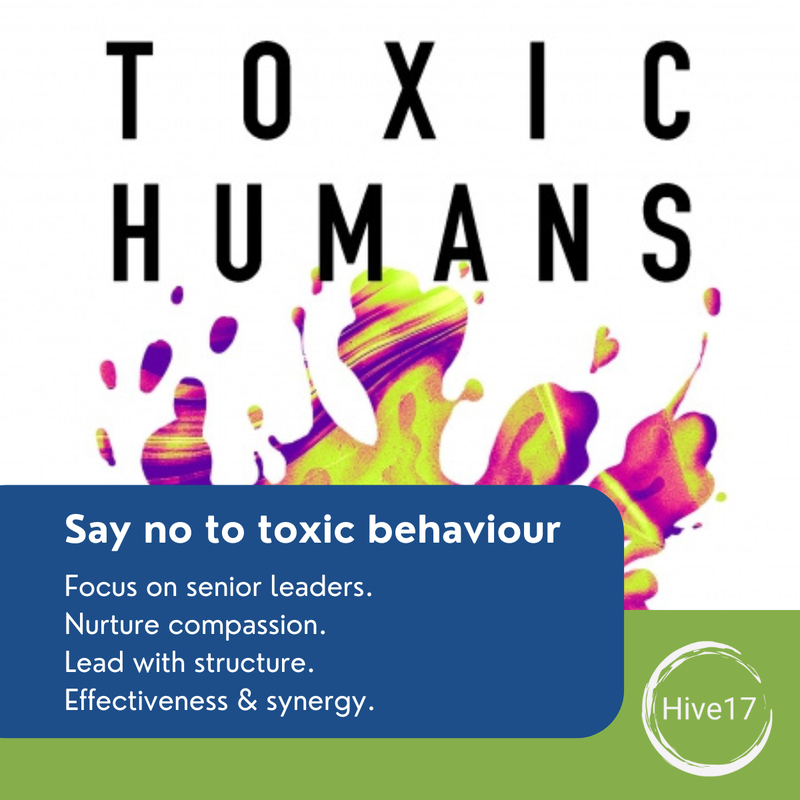
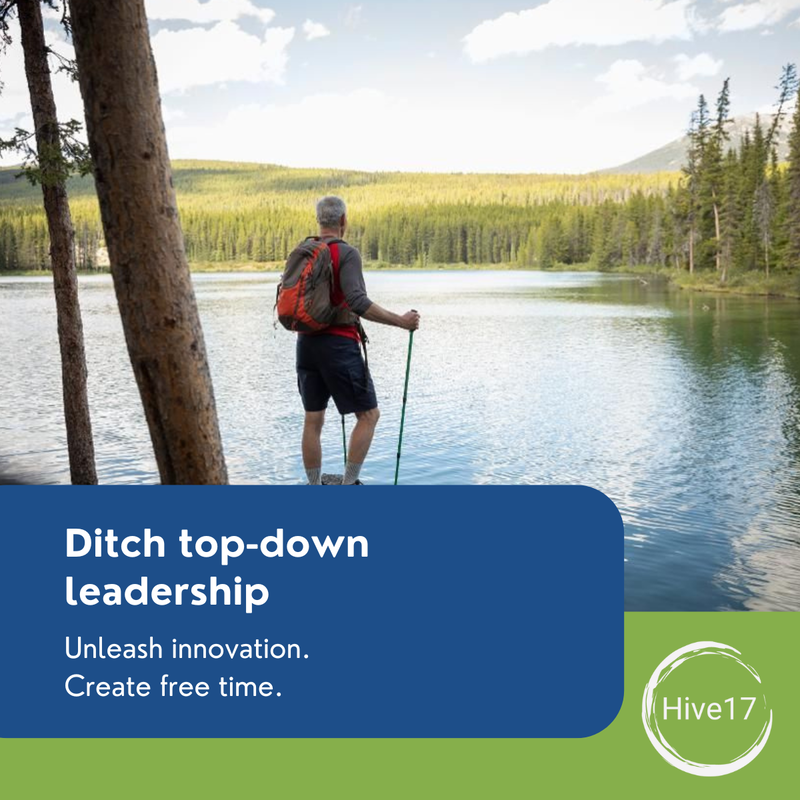
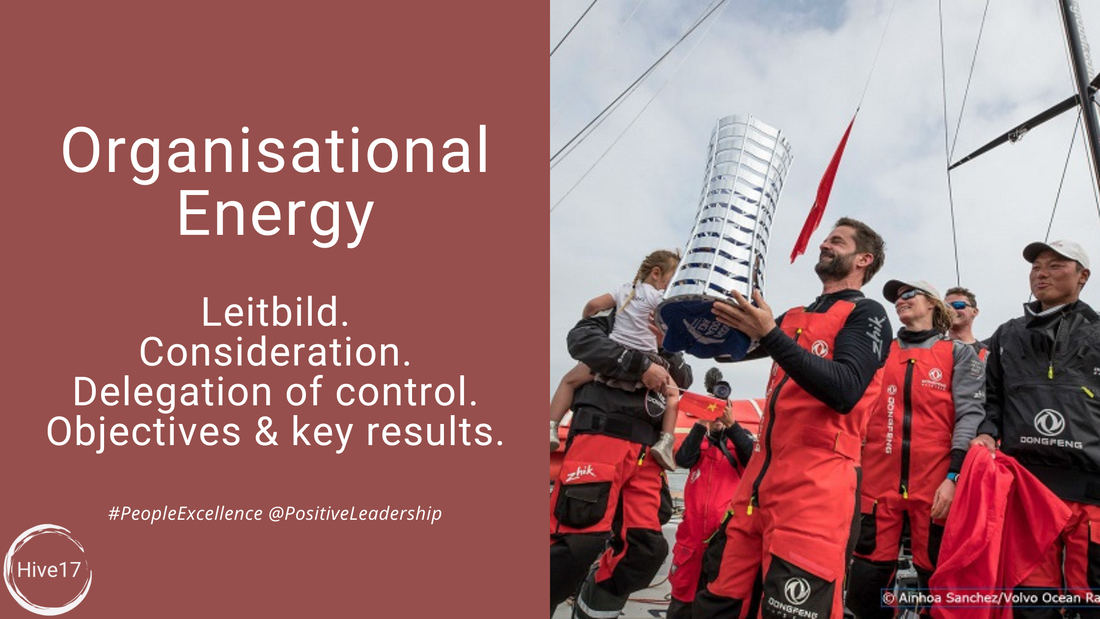
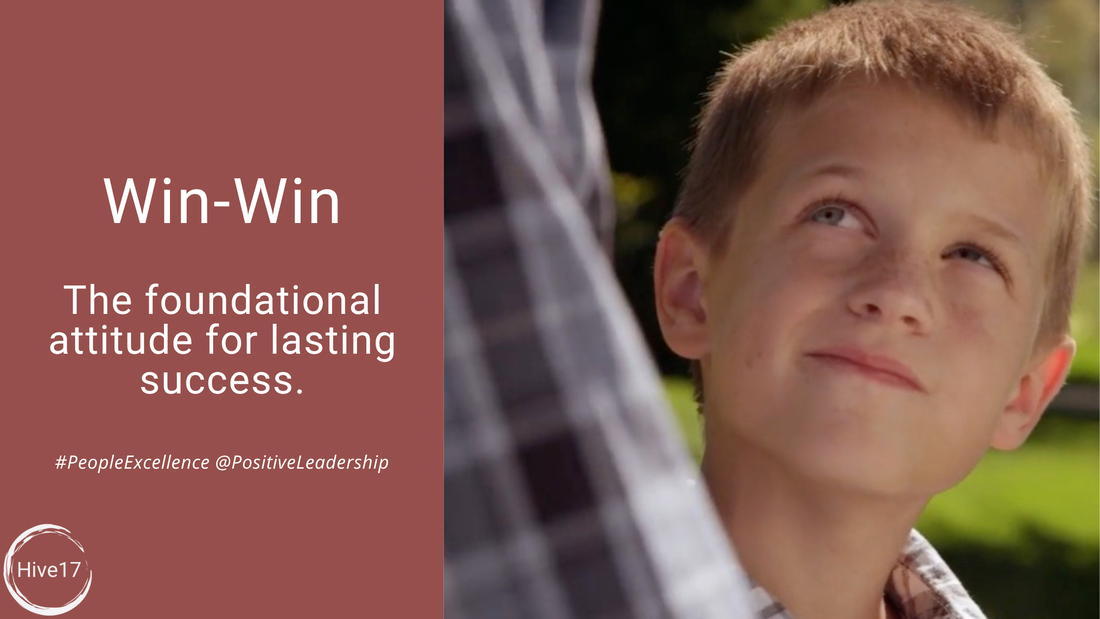

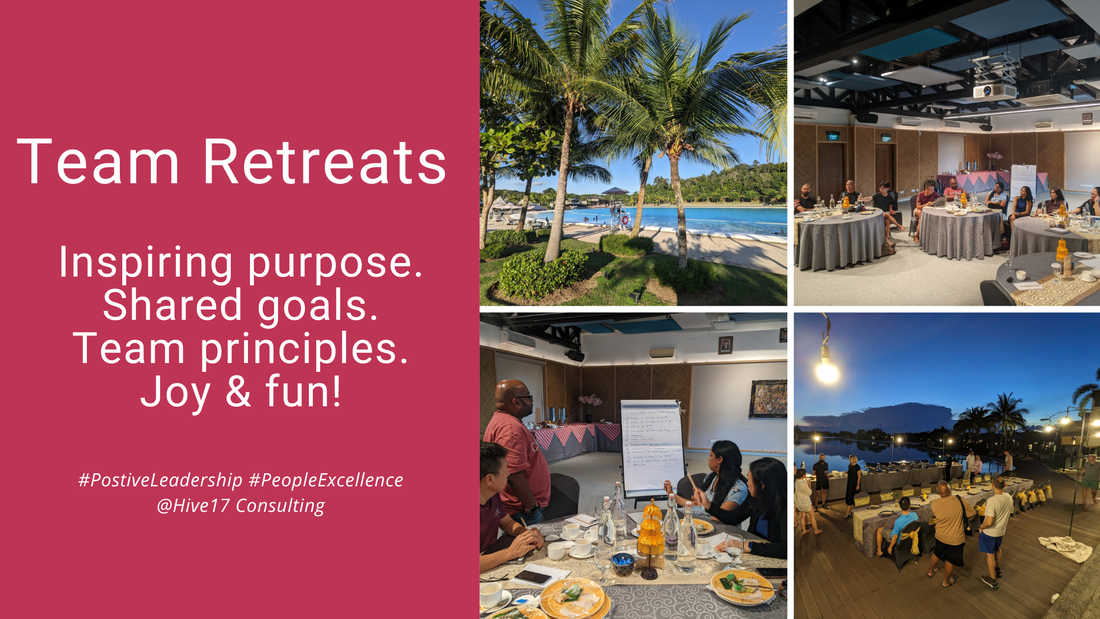
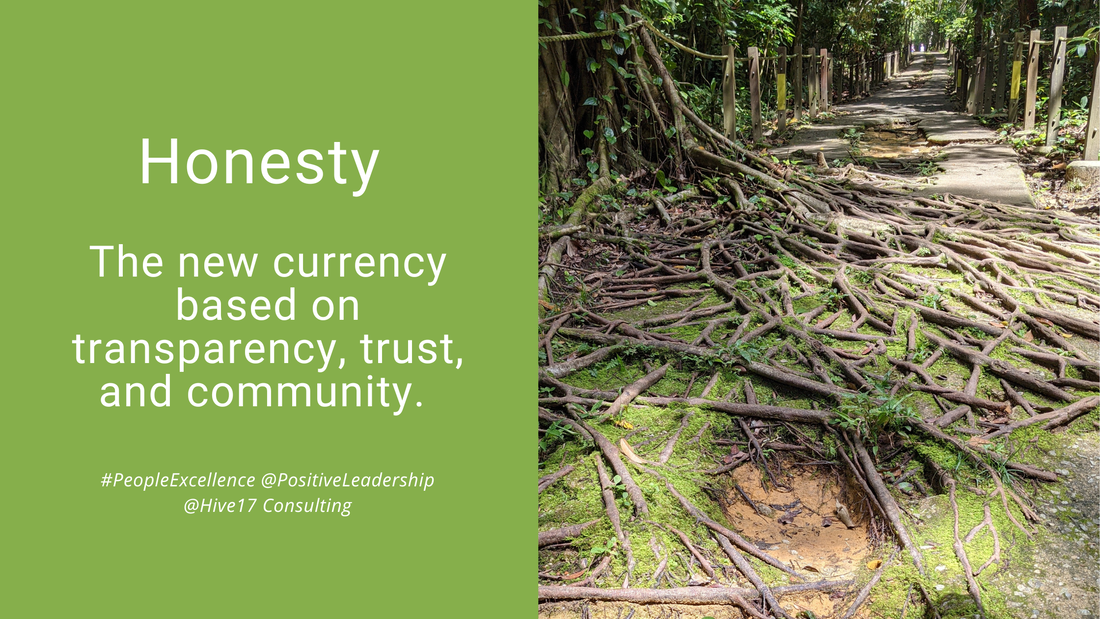
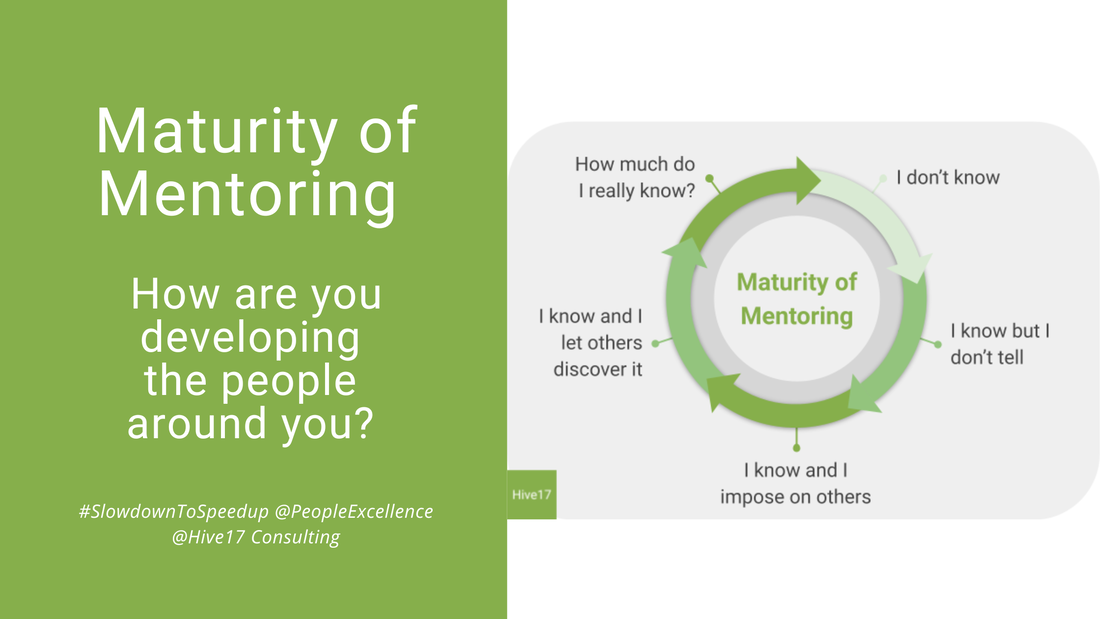
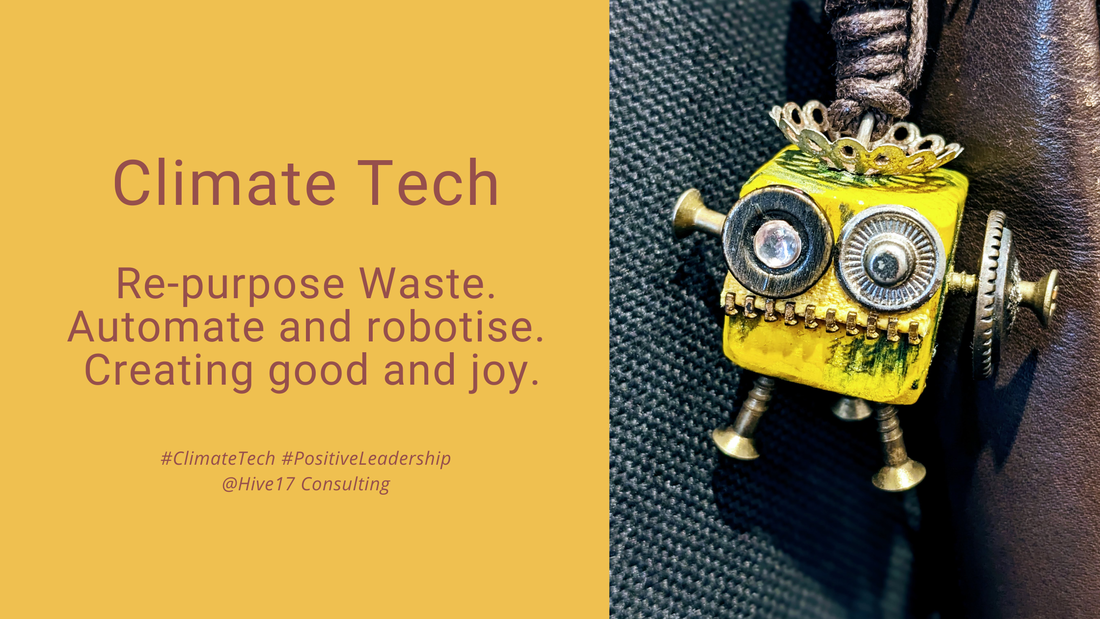
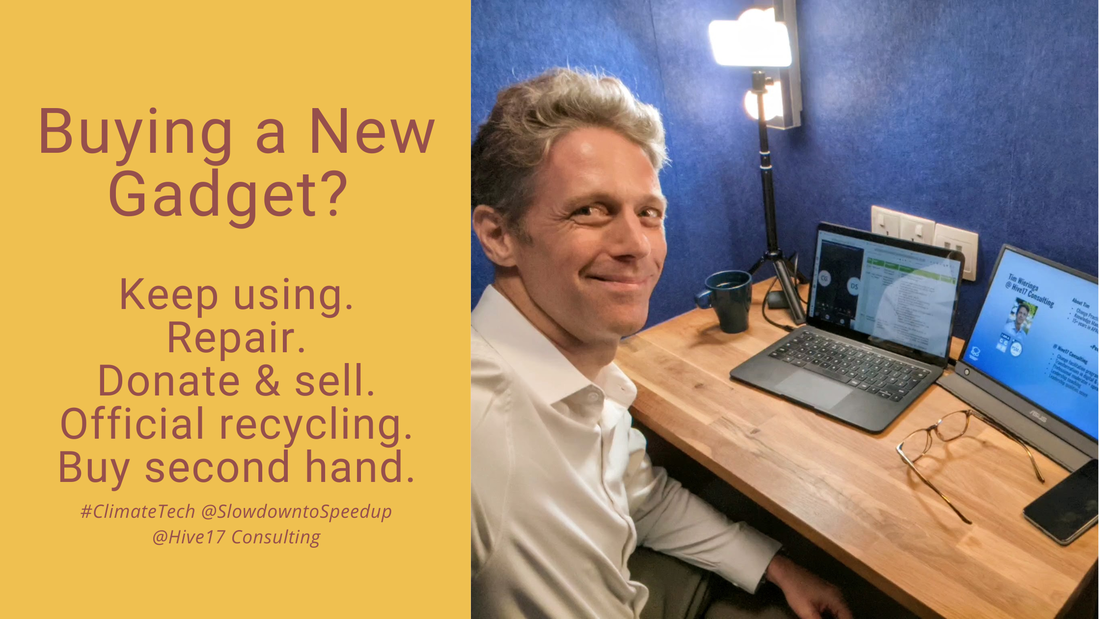
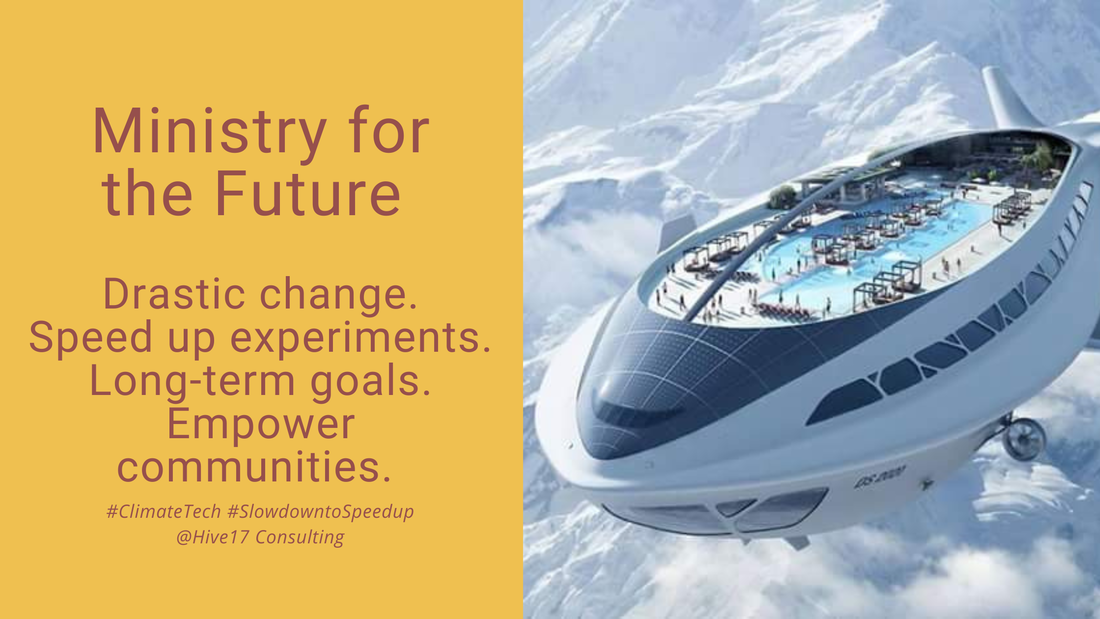
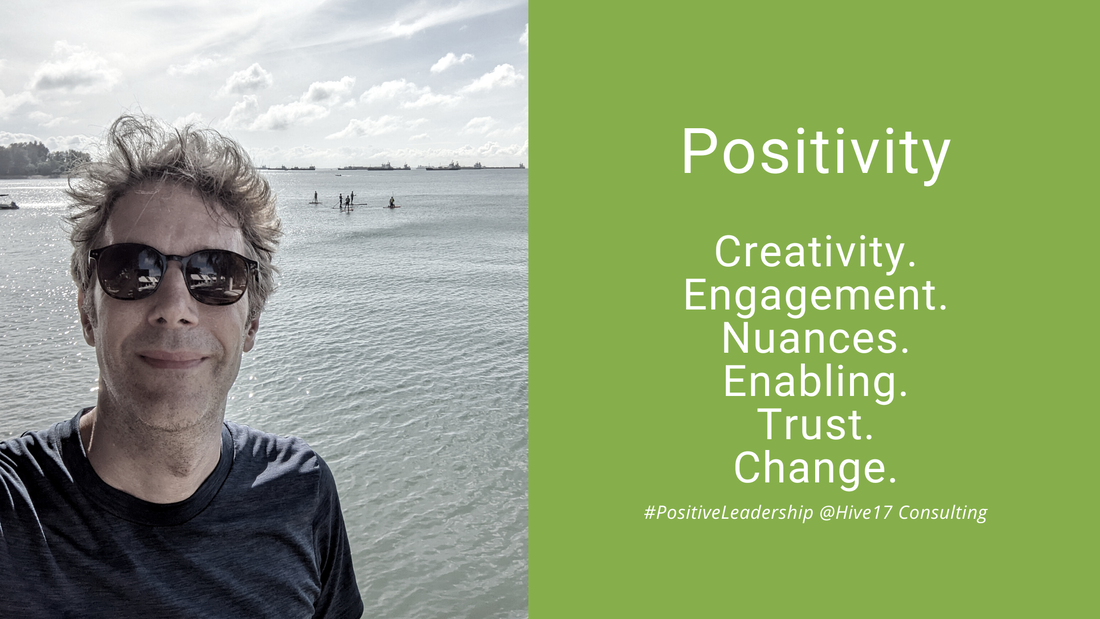
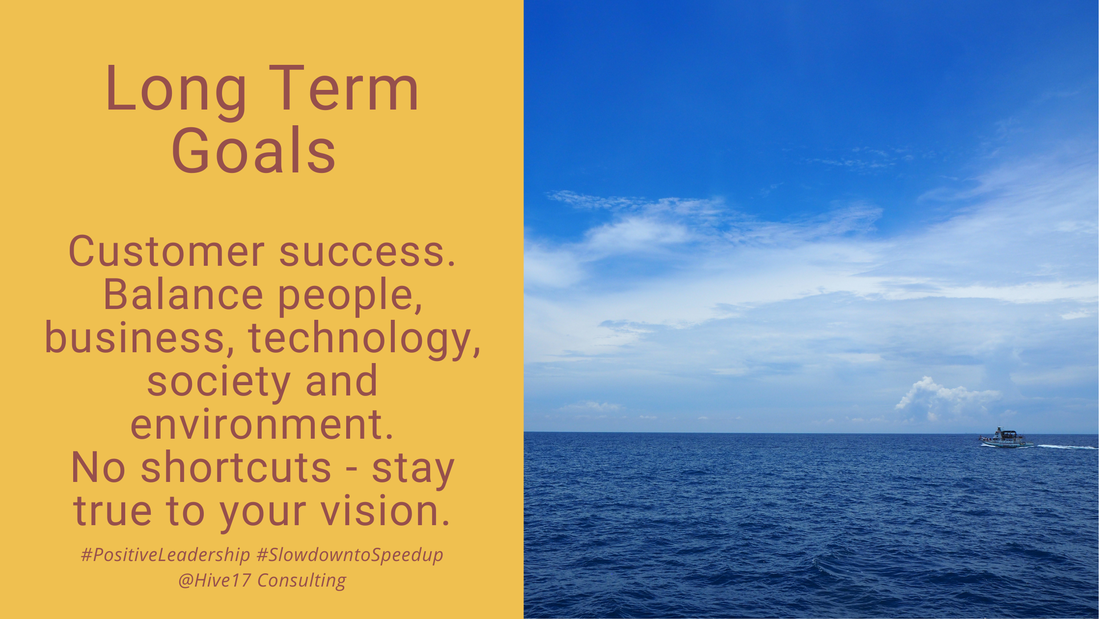
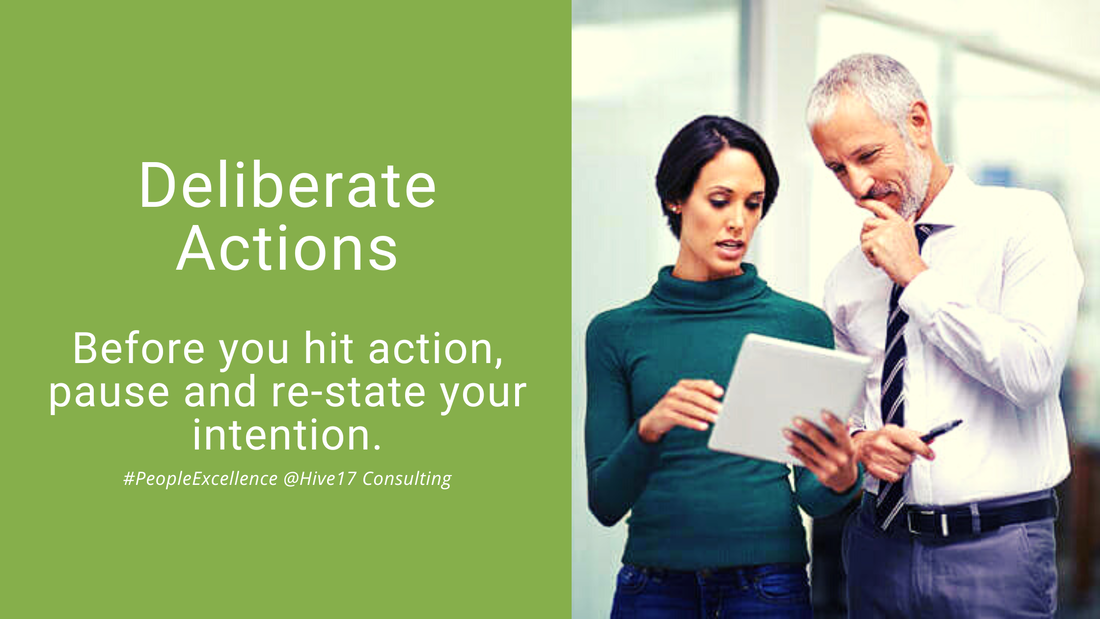
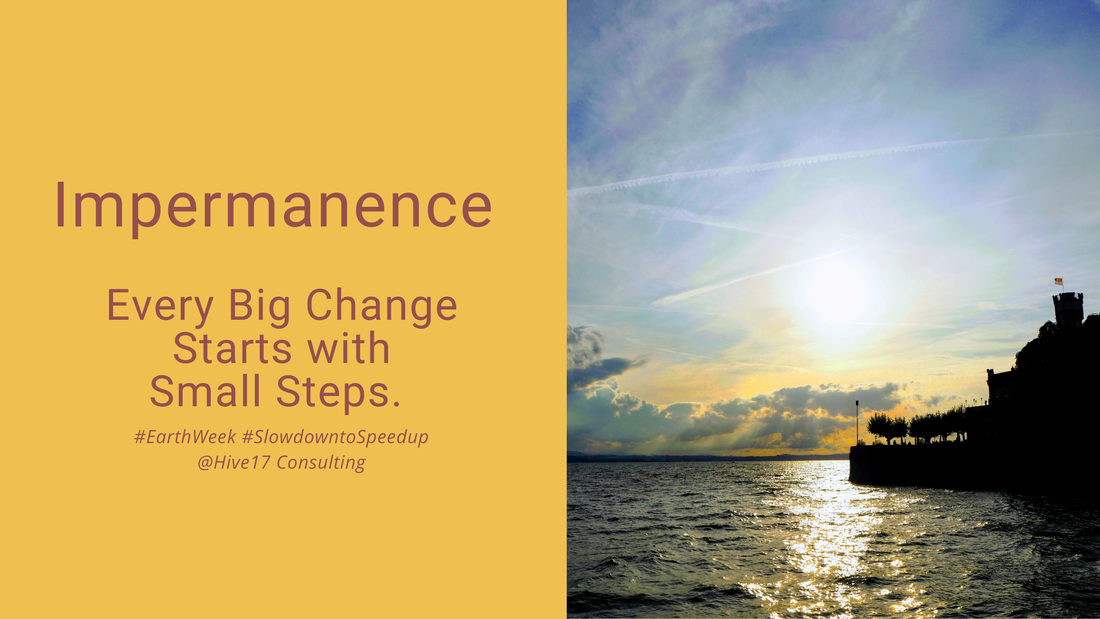
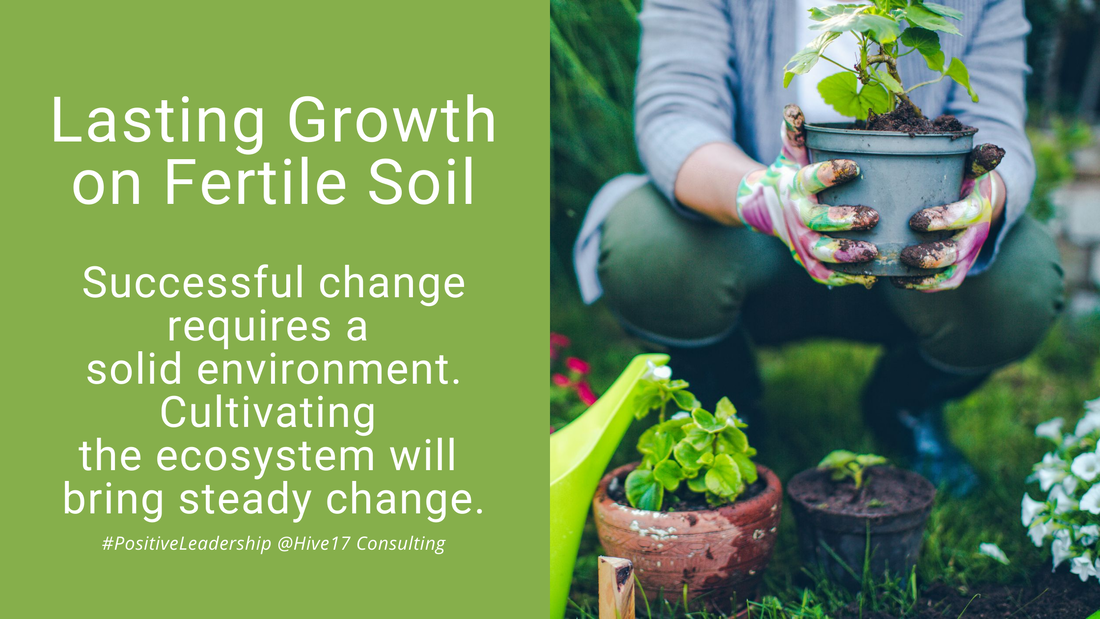
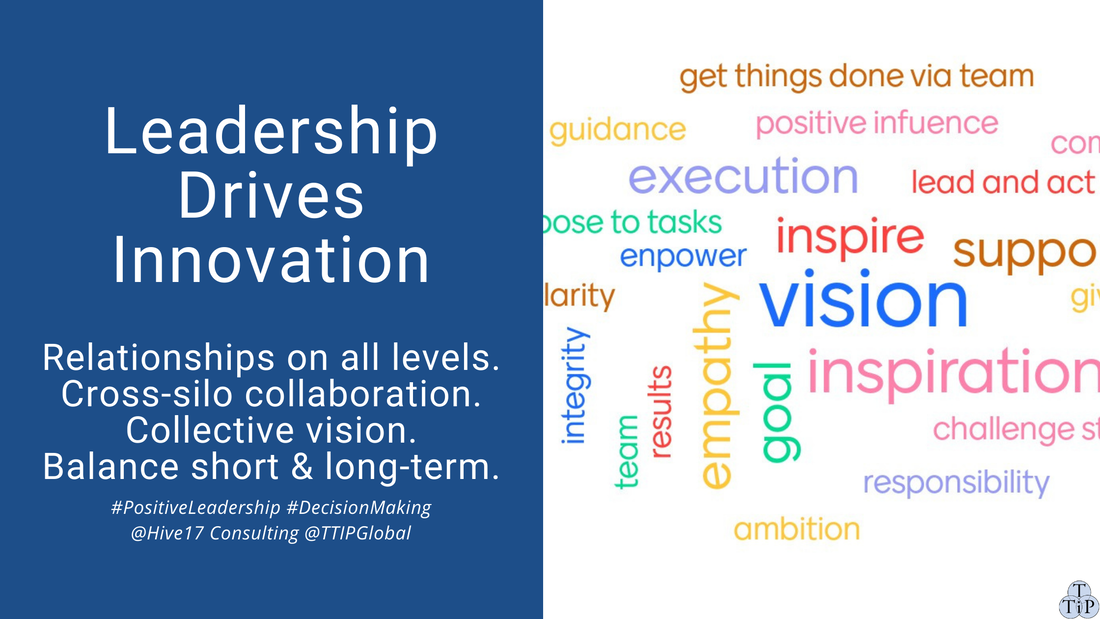
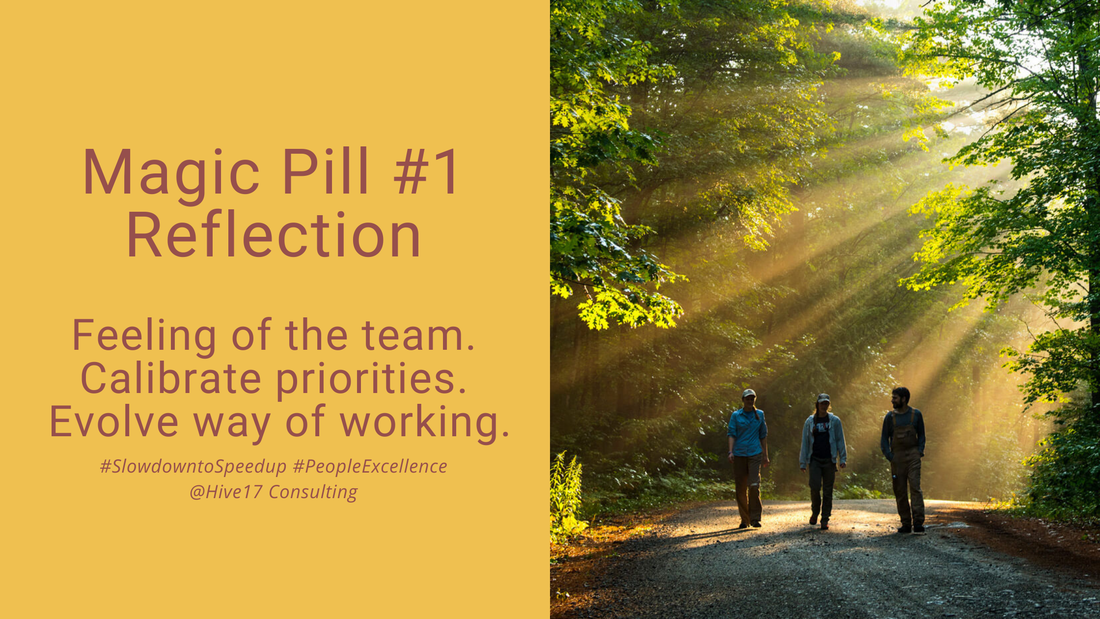
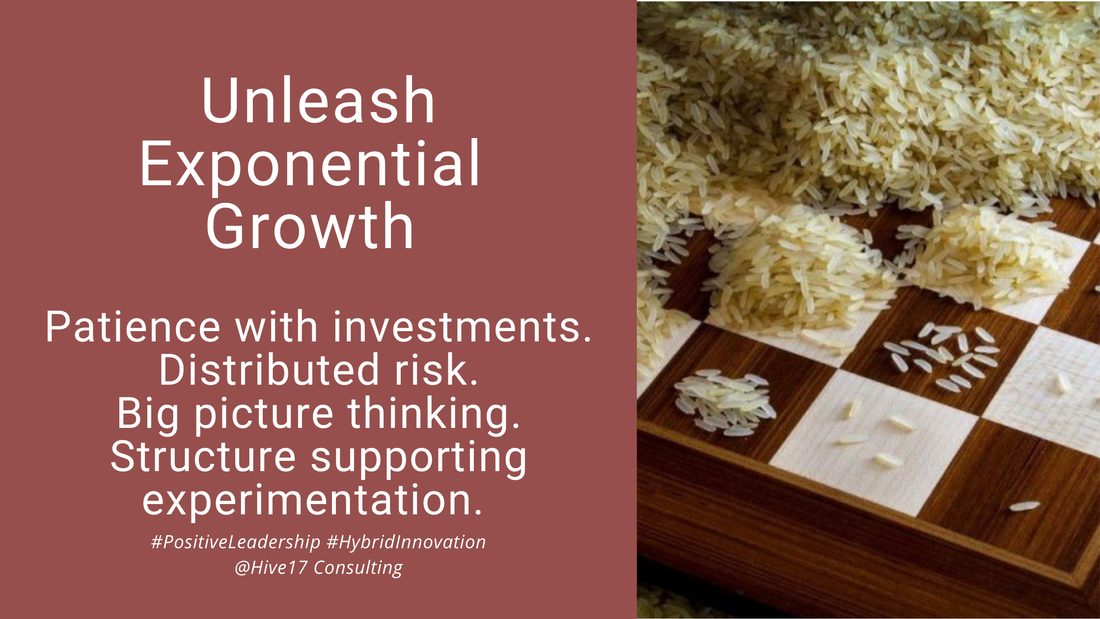
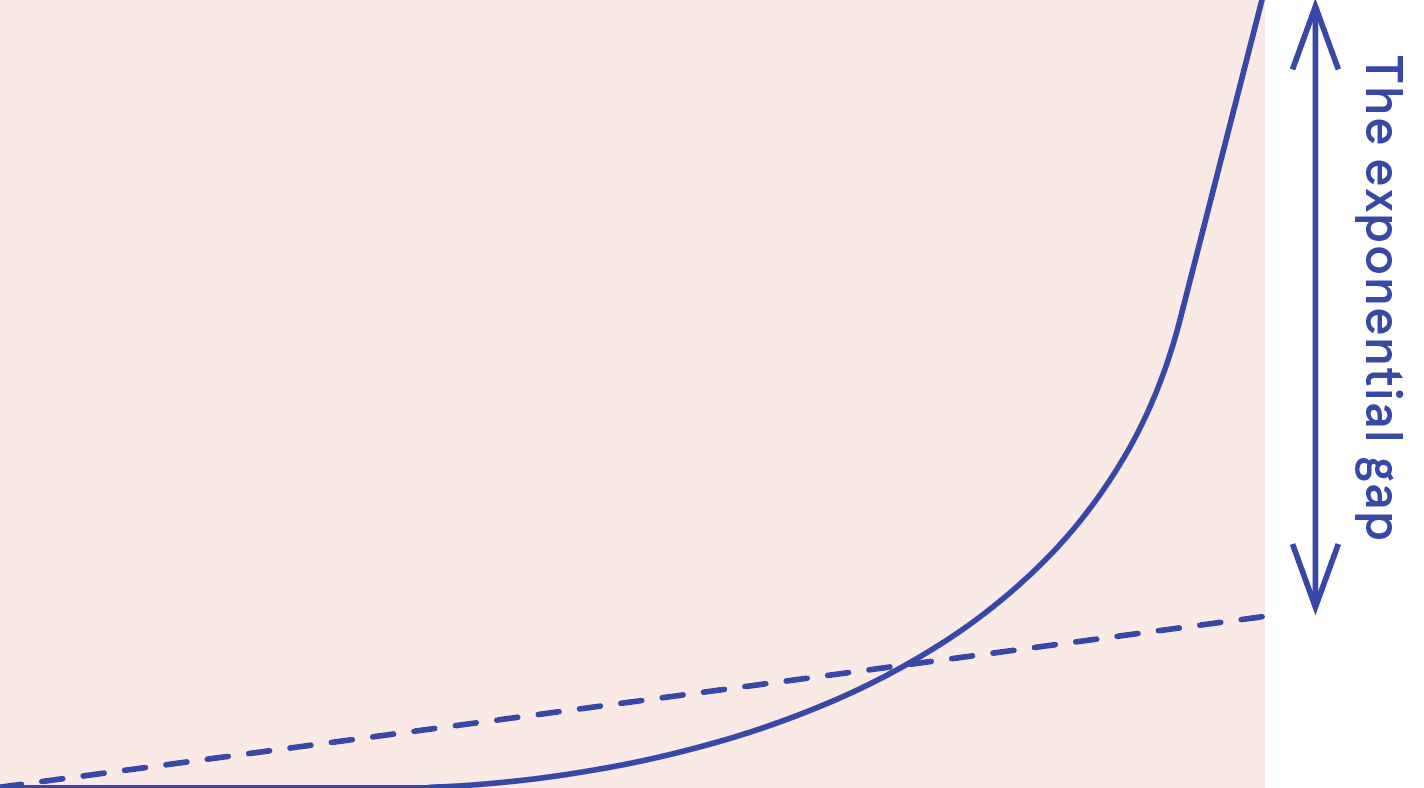
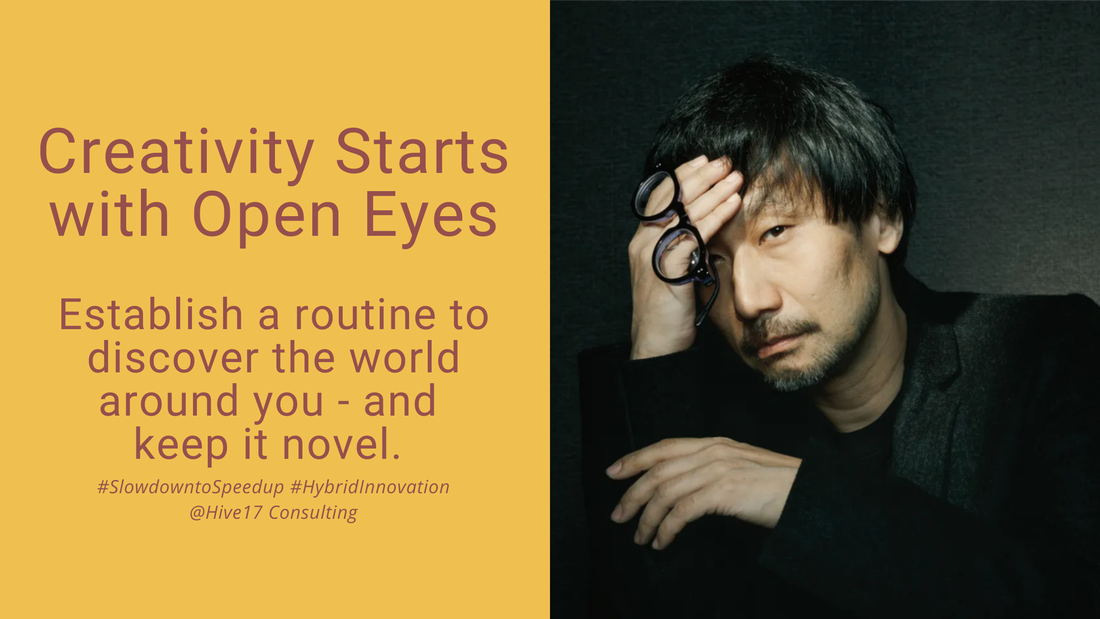

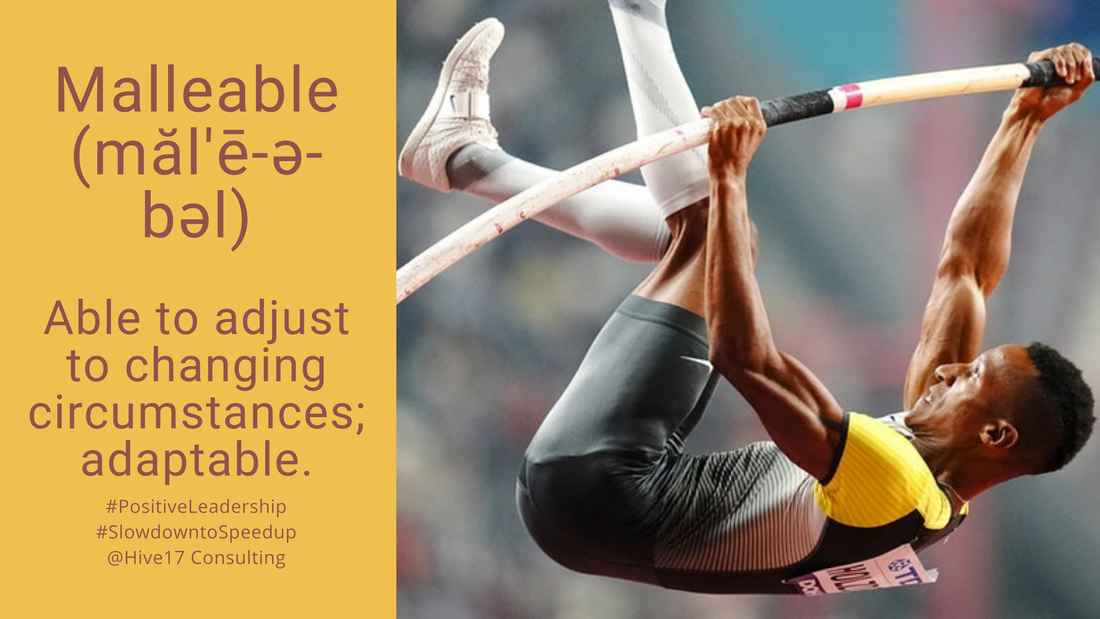
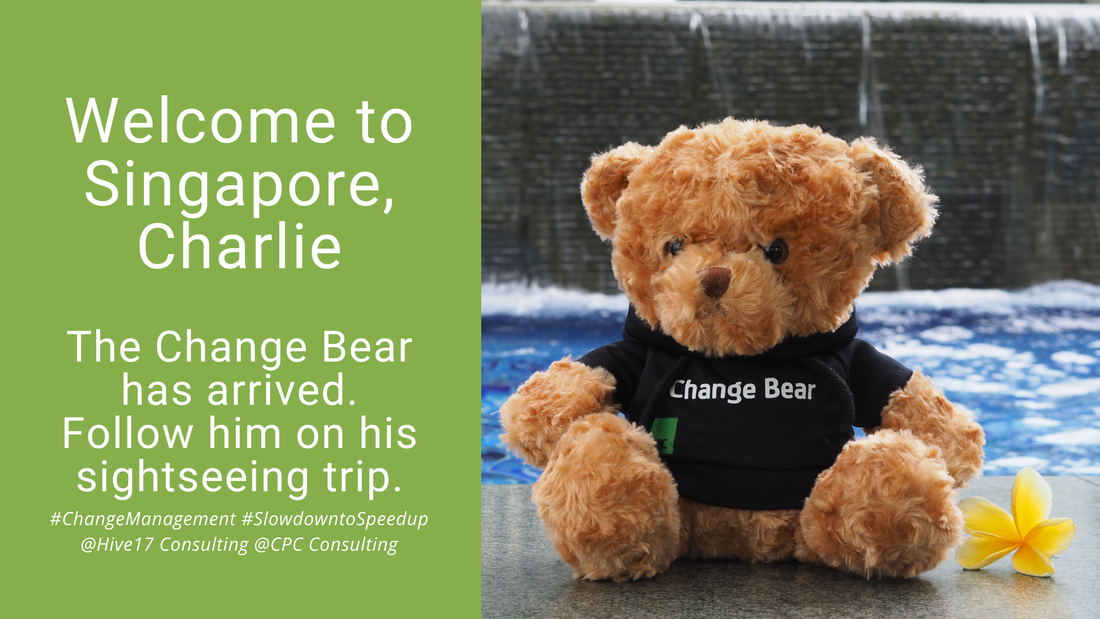
 RSS Feed
RSS Feed